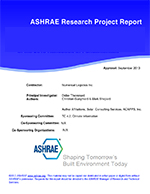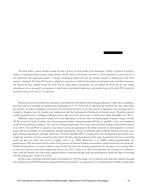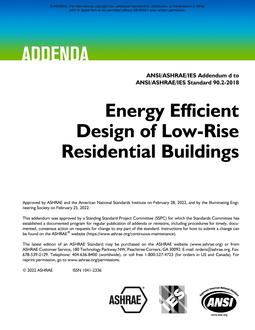Clarifies the behaviour of wettedness at constant average skin temperature and examines its effect on the line of equal average skin temperature drawn on a psychrometric chart. Experiments were carried out to determine the values of wettedness under constant average skin temperatures using sitting/resting nude subjects. From the analysis of the present experimental data, the following conclusions were found regarding the change of wettedness under constant average skin temperatures. 1) Positive correlation between wettedness and environmental humidity and a negative correlation between wettedness and air temperature; 2) Positive correlation between the evaporative heat loss from the skin surface and air temperature and a negative correlation between the evaporative heat loss and environmental humidity; 3) Negative correlation between wettedness and evaporative heat loss; 4) Wettedness is not constant but takes varying values (i.e., corresponding to each average skin temperature, both the maximum and the minimum wettedness values occur). Based on these conclusions, the theoretical locus of equal average skin temperatures is not a straight line but is a curved line plotted on the psychrometric chart. The curve means that the effect of environmental humidity on thermal sensation is not constant but differs even on the line of constant average skin temperature.
KEYWORDS: year 1996, skin, temperature, moisture, behaviour, experiment, measuring, humidity, air temperature, heat loss, psychrometry, human body, relative humidity, air movement, properties, physiology
Citation: ASHRAE Trans. 1996, vol.102, part 1, paper number 3953, 222-229, figs., 2 tabs., 6 refs.
Product Details
- Published:
- 1996
- File Size:
- 1 file , 770 KB
- Product Code(s):
- D-16529


